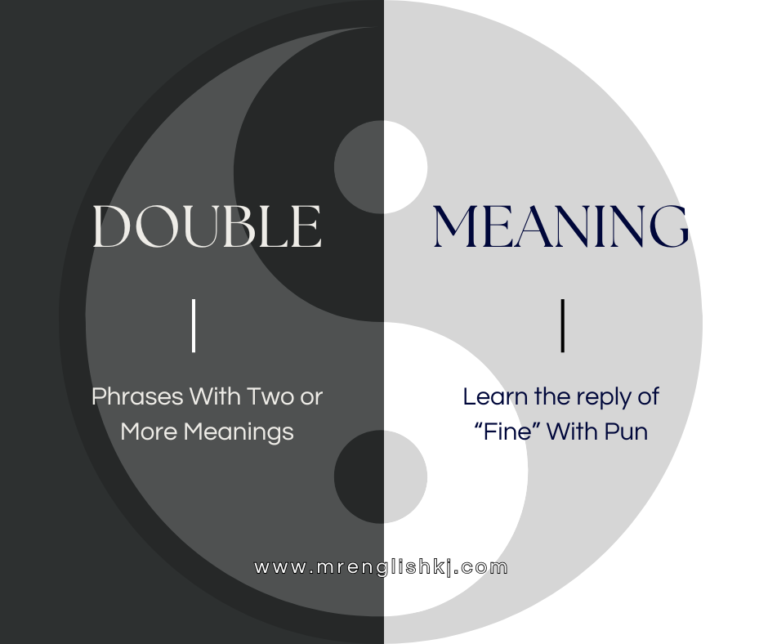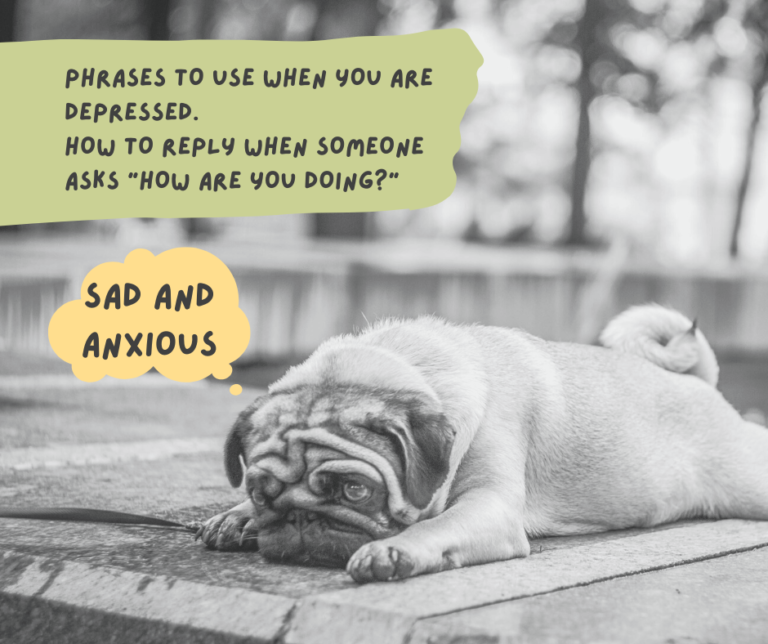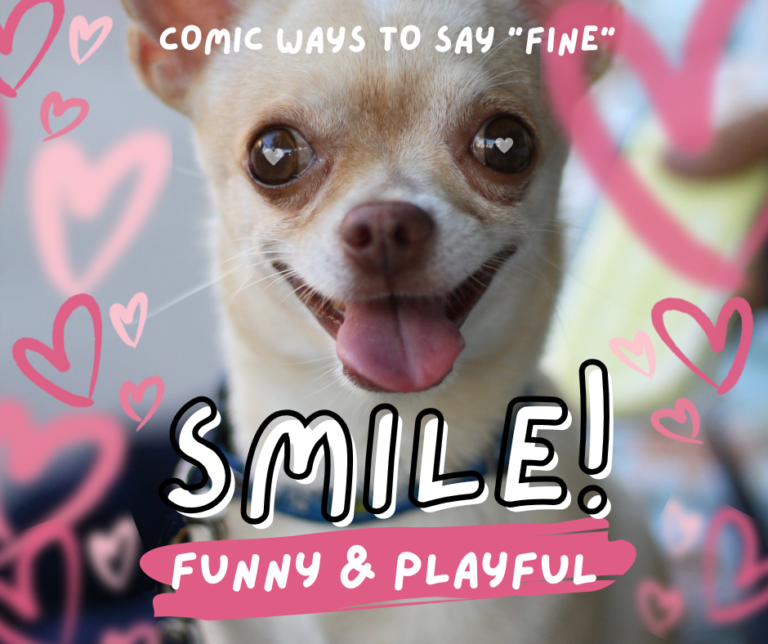Could
Could = We use ‘Could’ to express possibility, request, permission, suggestion, offer, invitation, past ability, past possibility, and guessing. When we use formal and polite expressions, we use ‘Could.’ We do not use “Can” in past, we use “Could” in place of Can.
Modals = Modal Verbs are all about the expressions but not the action.
Could – We use Could in Present, Past, and Future.
- Past = Past Ability and Past Possibility
- Present = Formal and Polite – request, permission, suggestion, instruction, offer, and invitation.
- Future = Possibility and Guessing.
Could Rules
- Could + Verb 1st form = He, She, It, I, You, We, They, This, That, These, Those, Singular Noun, and Plural Nouns…
Could Format
- Affirmative = Subject + could + verb 1st form + other words.
- Negative = Subject + could + not + verb 1st form + other words.
could + not = couldn’t.
- Simple Interro = Could + subject + verb 1st form + other words?
- Simple Interro Negative = Could + subject + not + verb 1st form + other words?
- Interrogative = Wh-family + could + subject + verb 1st form + other words?
- Interrogative Negative = Wh-family + could + subject + not + verb 1st form + other words?
Could Definition
1. Past = We use ‘Could’ to express past possibility and past ability. When we require to use ‘Can‘ in the past, we use ‘Could’ in place of Can.
How do you identify “Could” as Past? =
- Whenever you make sentences about the Past, you know that you express a Past scenario. So, it is easy to know when you make any sentences.
- When someone makes sentences about ‘Could as Past,’ you can get it by understanding the situation in which they use the sentence. If they talk about any past scenario, you will understand it because they use all sentences in past and past words like yesterday, 3 days ago, etc.
- Past Possibility – When we have made a sentence to express a possibility in past time and we remind that same sentence now in the present that we have made in past, we use Could.
For example = 20 March 2000: I make a sentence – We are best friends and we can stay best friends forever. (Possibility)
1 April 2020: I reminded the sentence that I said in Past Time (20 March 2000) – We were best friends and we could stay best friends forever. (Past Possibility)
- We made a possibility in past about our future. When we remind the possibility we make in the past, we use ‘Could.’
e.g. –
- I said that it could fall rain. (past possibility)
- It was a late night. We could get a taxi. (past possibility)
- He was insanely burnt. Could he be alright? (ask for the past possibility)
- I never won any trophy. Could I win someday? (ask for the past possibility)
- He studied law so, he could become a lawyer in the future that is what I said 5 years ago. (past possibility)
- Past Ability – When we have made a sentence to express an ability in past time and we remind that same sentence now in the present that we have made in past, we use Could. When we have already shown our ability or power and we remember the same sentence again in present, we use ‘Could.’
- Can – To show ability in the Present and Future.
- Could – To show ability in the Past.
For example = 30 March 2020: I make a sentence – Sam and William are moving the bed but they can not move it. They have no power to move the bed. (Ability)
1 April 2020: I reminded the sentence that I said in Past Time (30 March 2020) – Sam and William were moving the bed but they could not move it. They had no power to move the bed. (Past Ability)
- We express an ability in the past. When we remind the ability we make in the past, we use ‘Could.’
e.g. –
- They were not able to solve this problem but I could solve this problem. (past ability)
- He could lift that weight if he were there yesterday. (past ability)
- I did not have money to buy this car. Could he buy this car? (ask for the past ability)
- When I was younger, I could easily swim. (past ability)
- The food was too much, we could not finish it. (past ability)
2. Present = We use ‘Could’ to express formal and polite requests, permission, suggestion, instruction, offer, or invitations.
How do you identify “Could” as Present? =
- Whenever you make sentences about the Present, you know that you express a Present scenario. So, it is easy to know when you make any sentences.
- When someone makes sentences about ‘Could as Present,’ you can get it by understanding the situation in which they use the sentence. If they talk about any present scenario, you will understand it because they use all sentences in present.
- Polite and Formal Request – We use “Could” for formal and polite requests. To make it effective, you need to express yourself in form of requesting. We mostly ask for requests. We do not give or take requests. It means we mostly make question sentences when we request.
e.g. – Most of the time, the question is in simple interrogative form.
- Could I come in? (ask for formal and polite request)
- Could he buy books for children? (ask for formal and polite request)
- Could I help you? (ask for formal and polite request)
- Could you come with me? (ask for formal and polite request)
- Could I give you a ride? (ask for formal and polite request)
- Formal and Polite Permission – We use “Could” when we ask, give, or take formal and polite permission. When we ask permission, it can also become a request but it depends on the way we express ourselves. When we give the answer, it is just permission.
e.g. –
- Question = Could I come with you? (ask or take for permission or request)
- Answer = Yes, you could come with me. (give permission)
- Answer = No, you could not come with me. (not giving permission)
- Question = Could he drive the car? (ask or take for permission or request)
- Answer = Yes, he could drive the car. (give permission)
- Answer = No, he could not drive the car. (not giving permission)
- Question = Could we hang out with you? (ask or take for permission or request)
- Answer = Yes, you could hang out with us. (give permission)
- Answer = No, you could not hang out with us. (not giving permission)
- Formal and Polite Suggestion – We use “Could” when we ask, give, or take formal and polite suggestions.
e.g. –
- What could I do for you? (ask or take for the suggestion)
- You could buy a new dress for me. (give suggestion)
- Where could I go for vacation? (ask or take for the suggestion)
- You could go to India for your vacation. (give suggestion)
- How could she pass this examination? (ask or take for the suggestion)
- She could study from now and I could teach her. (give suggestion)
- Formal and Polite Instruction – We use “Could” when we ask, give, or take formal and polite instruction.
e.g –
- Where could I go from here? (ask or take for instruction)
- You could take right then left after that you could ask about the landmark. I will come to pick you from there. (give instruction)
- How could she cook this food? (ask or take for instruction)
- She could bake it under 300 degrees for 30 minutes then add these spices. (give instruction)
- How could I learn English fluently? (ask or take for instruction or suggestion)
- For learning English fluently, you could understand English people’s culture. This is the best way to learn English. (give instruction)
- Formal and Polite Offer – We use “Could” for formal and polite offers. Mostly we give and take offers. We do not ask for offers. It means we mostly do not make question sentences when we offer.
e.g. –
- I could buy a drink for you. (formal and polite offer)
- He could drive my car. (formal and polite offer)
- You could work with us. (formal and polite offer)
- I could marry you. (formal and polite offer)
- They could live with us. (formal and polite offer)
- Formal and Polite Invitation – We use “Could” for a formal and polite invitation.
e.g. –
- You could come to my party. (party invitation)
- He could join the meeting. (meeting invitation)
- You could come to my wedding with your family. (wedding invitation)
- Congratulation, they could work with us. (working invitation)
- All people could buy our company’s share. (Business invitation)
3. Future = We use “Could” for future possibility and future guessing.
How do you identify “Could” as Future? =
- Whenever you make sentences about the Future, you know that you express a Future scenario. So, it is easy to know when you make any sentences.
- When someone makes sentences about ‘Could as Future,’ you can get it by understanding the situation in which they use the sentence. If they talk about any future scenario, you will understand it because they use all sentences in future and future words like tomorrow, after 5 days, etc.
- Future Possibility – We use “Could” when there is a chance to do or happen in the future. We express the future possibility, we are not so sure about it.
e.g. –
- Could it fall rain next month? (ask for the possibility)
- I could become successful someday. (possibility)
- How many days could it take to lose weight? (ask for the possibility)
- He could win the election next time. (possibility)
- They could marry each other after 4 years. (possibility)
- Future Guessing – We use “Could” when we guess the future and we are not sure about the future. It is similar to the possibility but in possibility, there is a possible chance to happen in the future. In guessing, we are not so sure because we express a guess. In future guessing, there is less chance to happen than the future possibility.
e.g. –
- Could it fall rain next month? (ask for guessing)
- I could become successful someday. (guessing)
- How many days could it take to lose weight? (ask for guessing)
- He could win the election next time. (guessing)
- They could marry each other after 4 years. (guessing)
- Guessing and possibility depend on the way you express the sentence. There is no big difference. The difference is only the chances to happen in the future.
- She could win next time. (possibility and guessing)
- I could find a job next year. (possibility and guessing)
Modals – Modals are all about the expressions that do not take place. When we use Modals, we only express, we do not do it. When we do, we use Tense.
Modals – can, could, may, might, should, would, will, shall, ought to, and must, etc.
Thanks for choosing us!



So we can use could in present tense also. That is new.
nice, thank you for this.
could I deliver the message or may I deliver the message?